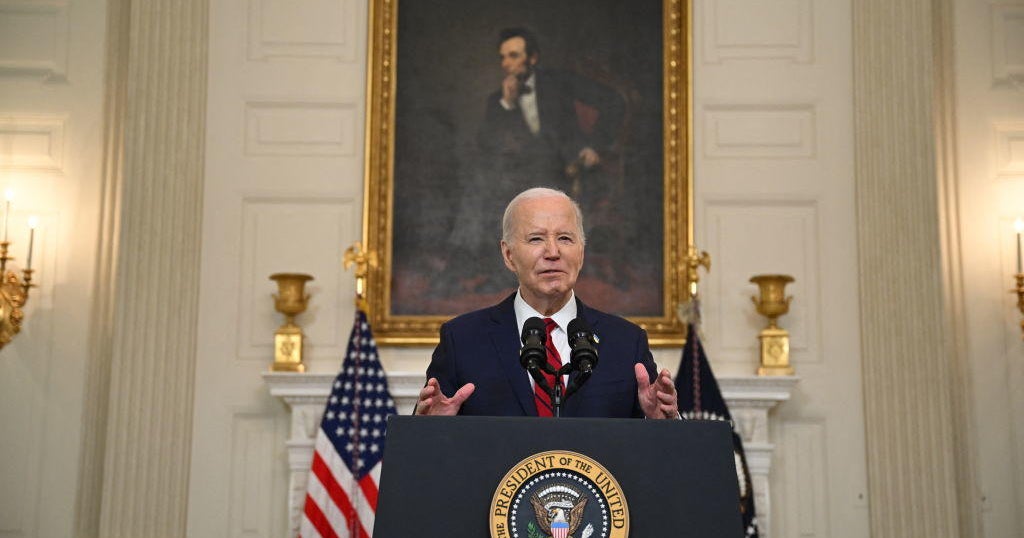Why some Senate Republicans object to tax plan
The Senate could vote as soon as the end of this week on Republicans' tax plan, but the legislation's fate is uncertain.
Republicans can only afford to lose two votes — if three senators from the GOP reject the plan, they'll kill the bill. No Democrats have indicated they will vote for it.
The Tax Cuts and Jobs Act would modify the tax brackets for individual taxpayers while increasing the standard deduction and child tax credit. But it would also repeal deductions for personal exemptions, and eliminate the deduction for state and local income taxes, which has been controversial among the GOP. The Senate plan also lowers the tax rate for businesses — but the way in which it does that has also been controversial.
The bill advanced out of the Senate Budget Committee, along partisan lines, Tuesday afternoon. As it stands, Sens. Steve Daines (R-Montana) and Ron Johnson (R-Wisconsin) say they are opposed to the bill in its current form. Sens. Susan Collins (R-Maine), Bob Corker (R-Tennessee), Jeff Flake (R-Arizona), James Lankford (R-Oklahoma), John McCain (R-Arizona), Jerry Moran (R-Kansas), and Lisa Murkowski (R-Alaska) are all undecided about whether they will vote for the bill.
Here are Republican objections to the Senate bill:
Bill's benefits to corporations vs. smaller businesses
The two Republicans on record as opposing the bill in its current form —Johnson and Daines — both say the Senate bill will benefit larger corporations more than it will benefit smaller businesses, and that isn't good enough for them. Johnson says pass-through companies, like limited liability companies (LLCs) will have a higher tax rate than large corporations.
Johnson said he had a "fine and dandy" exchange with the president over the tax bill and his concerns about the treatment of pass-throughs, and he said Mr. Trump promised to "fix it."
Under the Senate bill, the top tax rate for pass-through companies would be lowered from 39.6 percent to 25 percent, while the corporate tax rate would be lowered from 35 percent to 20 percent.
The bill repeals the Obamacare individual mandate
More moderate Republicans, like Sen. Susan Collins of Maine, worry about lumping Obamacare into the tax bill. The Senate failed to repeal former President Barack Obama's bill more than once this year. Collins has said she wants that provision out of the Senate bill.
"I don't think that provision should be in the bill," Collins said on CNN's "State of the Union" earlier this month. "I think the Senate should follow the lead of the House and strike it."
However, according to South Carolina Sen. Lindsay Graham, President Trump told Collins that if Congress passes a tax reform plan that repeals the individual mandate, he would support measures she is co-sponsoring with Senators Lamar Alexander and Patty Murray that would create high-risk pools and also stabilize the insurance markets by making insurer subsidy payments.
It adds to the deficit
The Congressional Budget Office expects the Senate bill to increase the deficit by $1.4 trillion over the next 10 years. Fiscal hawks in Congress — like Sen. Bob Corker and Sen. Jeff Flake — have concerns about any bill that would add to the deficit.
In September, Corker announced he wouldn't vote for a bill that adds to the deficit, and he has expressed concerns ever since.
On Tuesday, Flake said the Senate is "still working" on deficit issues.
"We're still working on the deficit issues, that's my big concern so I think some progress is being made," Flake told reporters Tuesday.
Sen. Jerry Moran of Kansas and Sen. James Lankford of Oklahoma have also expressed concerns over any addition to the deficit and the debt.
The bill repeals deductions for state and local taxes
The Senate bill abolishes the local property tax deduction, another point of concern for Collins. Taxpayers in states with high property values could easily pay more in taxes, not less, because of this provision in the bill. The Senate bill also repeals the deduction for state and local income taxes. Collins plans to propose an amendment allowing the property tax deduction, up to $10,000, as the House bill does, and the president on Tuesday said that he supports this idea.
CBS News' John Nolen contributed to this report.



